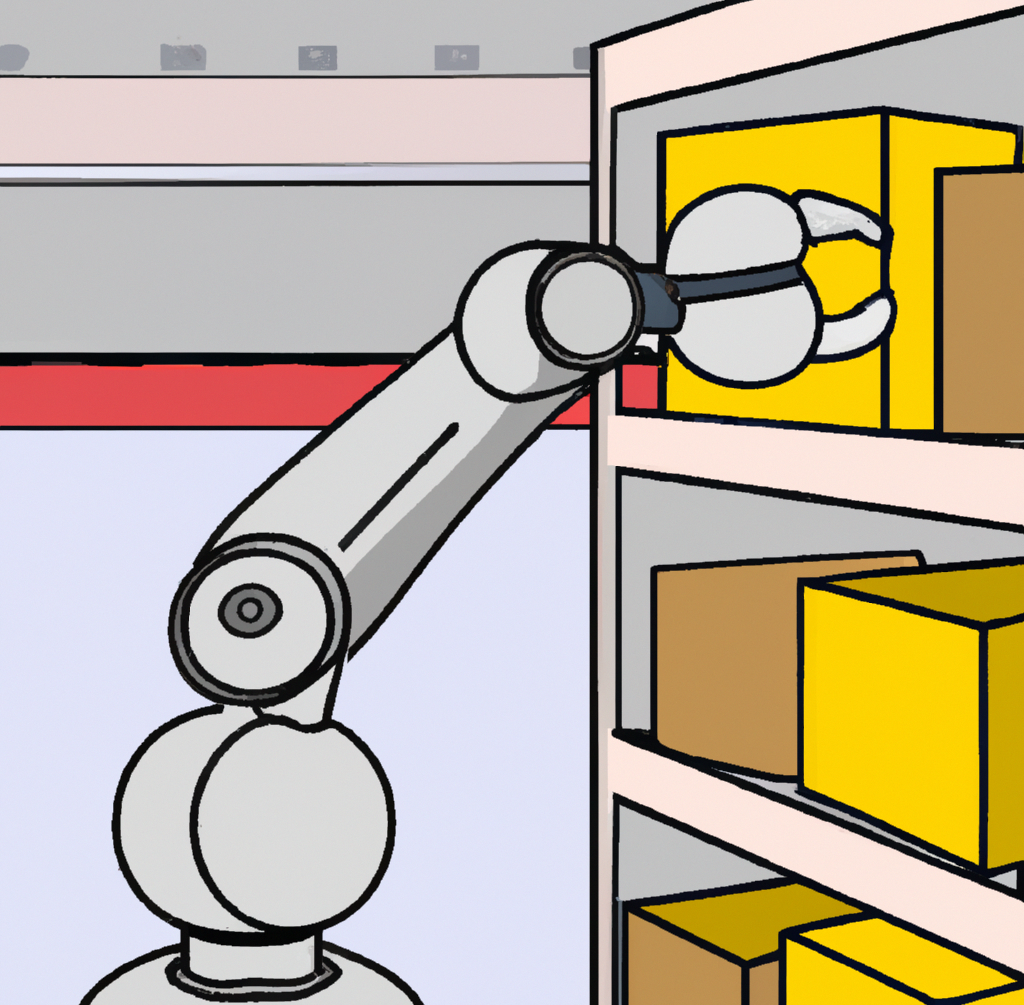Combining Navigation and Manipulation with Reinforcement Learning and the Jacobi Library
Mobile robotic manipulation has opened up new possibilities for automation in various industries. With the ability to move and manipulate objects simultaneously, mobile robots can perform tasks that were previously only possible with human intervention. The applications of mobile robotic manipulation are vast, ranging from manufacturing and logistics to service industries, and more.
While existing research on mobile robotic manipulation has focused on improving the final grasping motion, the pre-grasp manipulator configuration is equally important in achieving significant time gains. Our research aimed to address this by exploring the pre-grasp planning problem using Reinforcement Learning (RL). Our RL-based solution for pre-grasp planning significantly reduced the grasp execution time while navigating toward the target object.

To evaluate our work, we integrated several open-source grasp planning solutions with our RL environment, such as MoveIt and OMPL. However, we faced challenges due to incompatible software dependencies and the need for middleware, such as ROS. That's when we discovered the Jacobi Library and decided to try it out. Integrating Jacobi with our RL environment was effortless, thanks to its cloud-based platform, which leverages the AWS infrastructure.
Jacobi's easy-to-use API and graphical interface for setting up the scene, coupled with its inbuilt support for most of the commonly used manipulators like UR5e, made it possible to complete the entire integration in just a few hours. We were impressed with Jacobi's scalability, which allowed us to test our mobile robot in different scenarios easily. This helped us gather more data and improve the accuracy of our Reinforcement Learning-based pre-grasp planning solution.
In conclusion, the use of mobile robotic manipulation is a game-changer in various industries, and our research has demonstrated the importance of pre-grasp planning in achieving significant time gains. The Jacobi Library proved to be a reliable and easy-to-use tool for integrating our RL environment and testing our mobile robot in various scenarios. We believe that our work can contribute to the development of more efficient and effective mobile robotic manipulation systems in the future.
Lakshadeep Naik is a PhD candidate at SDU Robotics, the University of Southern Denmark, and works at the intersection of vision, motion, and interaction for mobile robots.
Blog overview